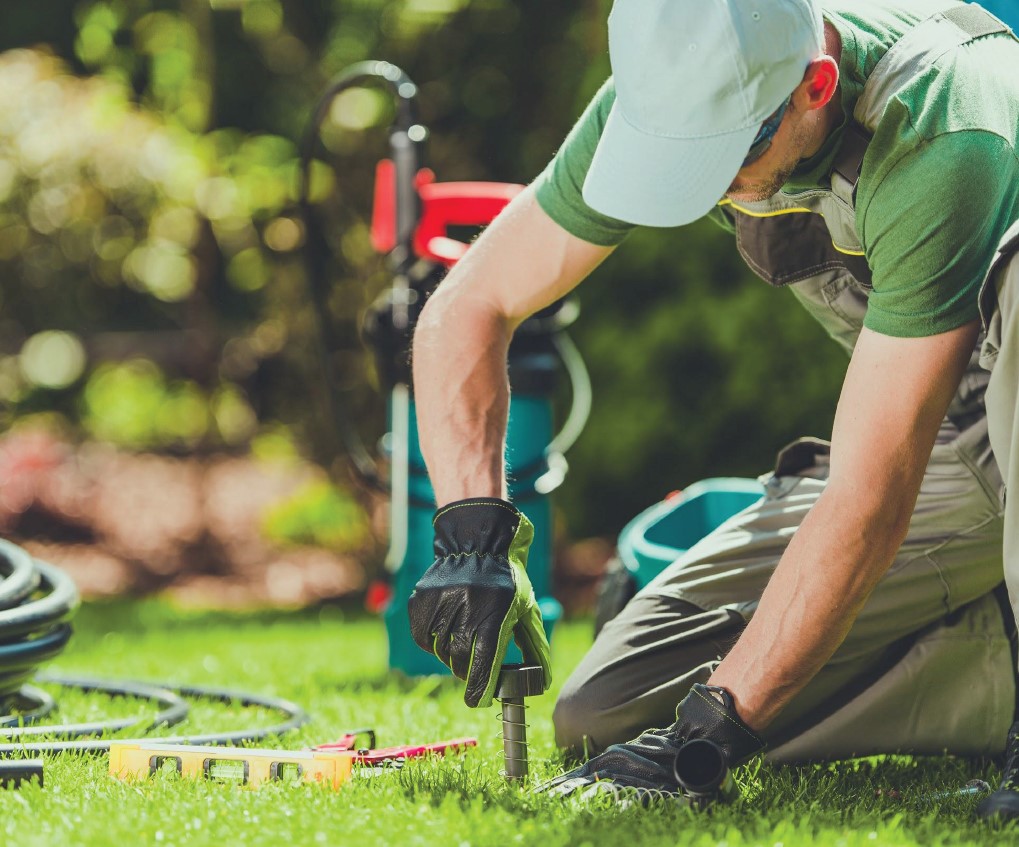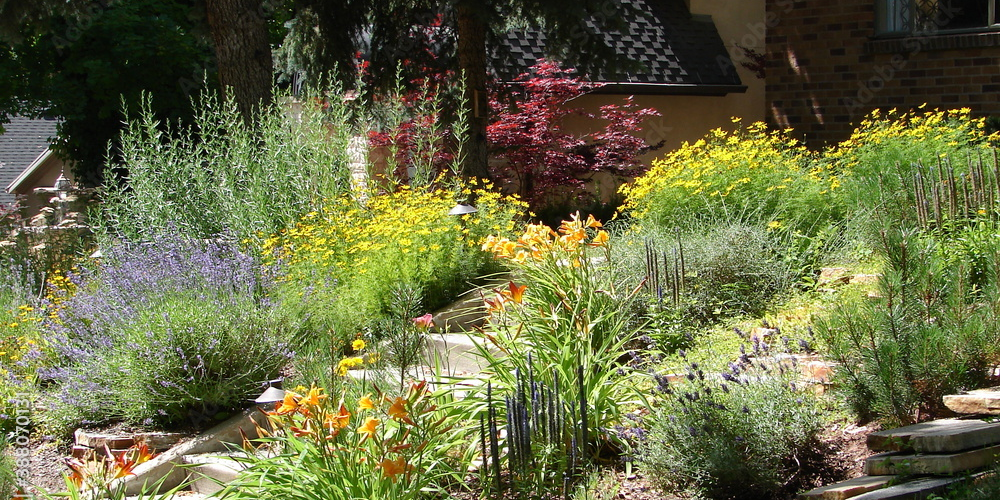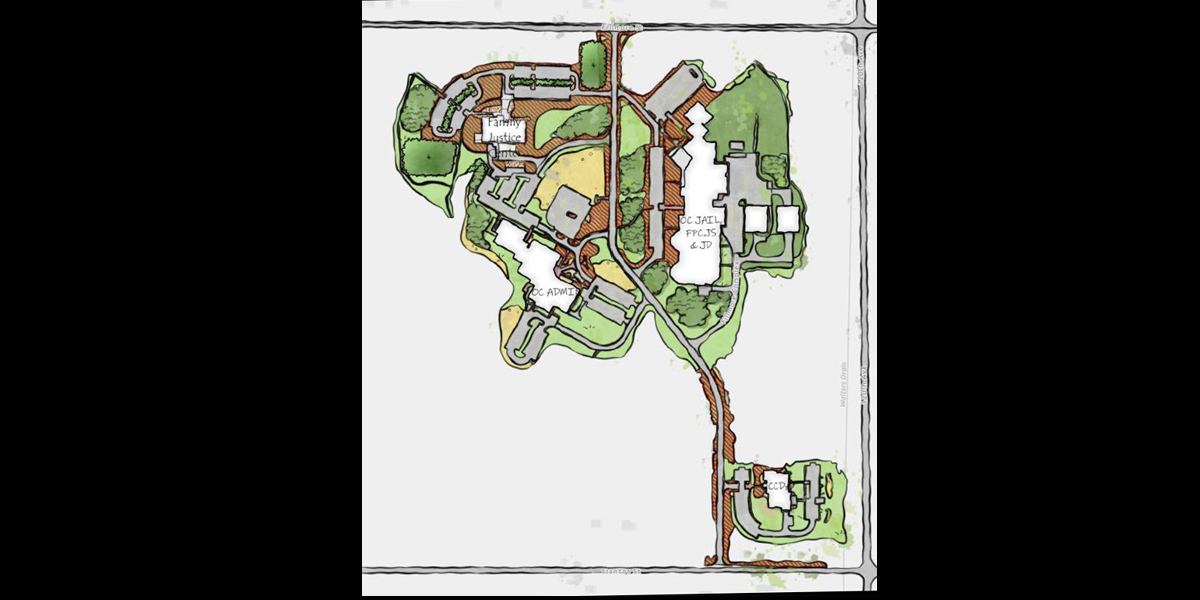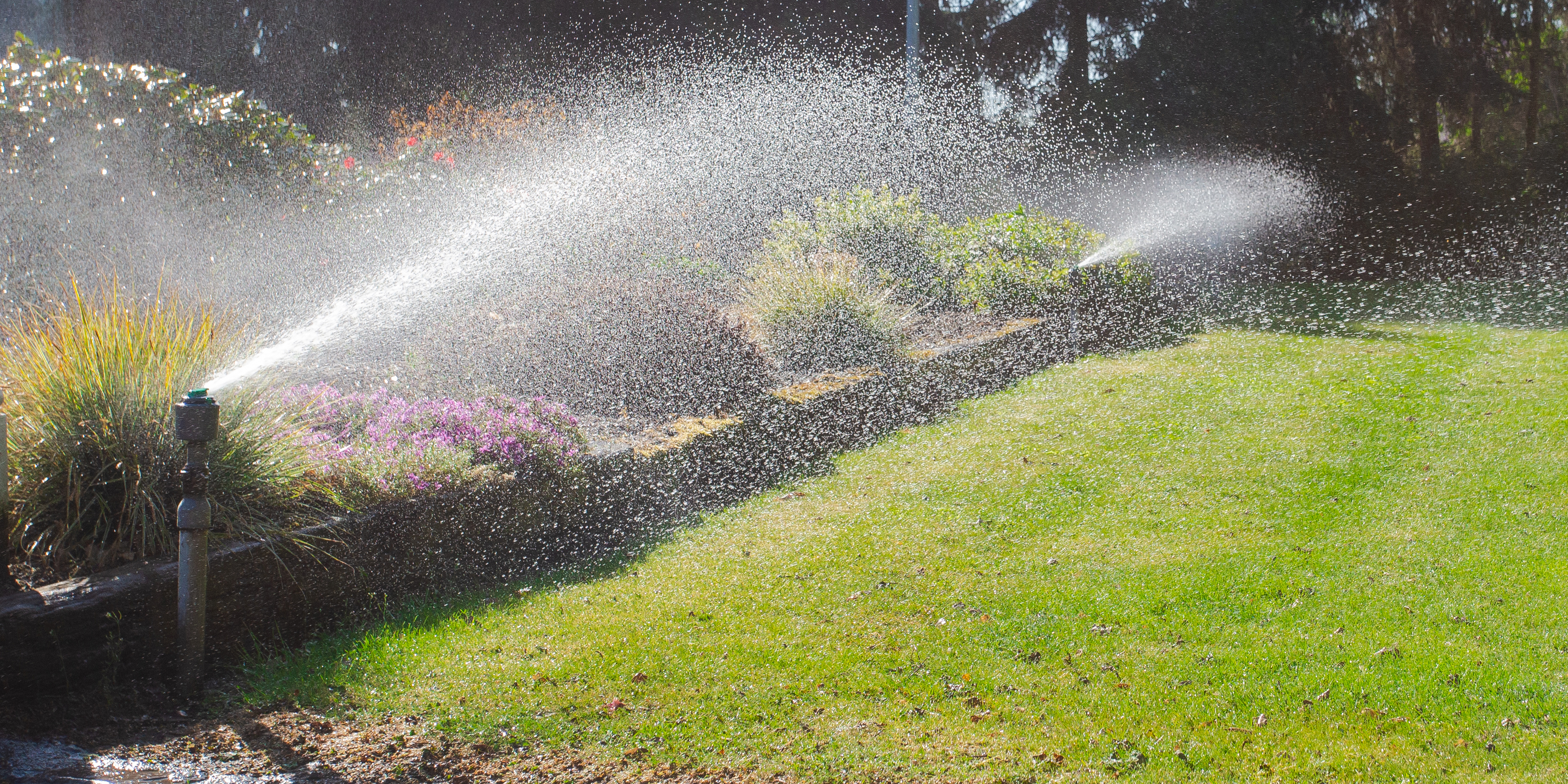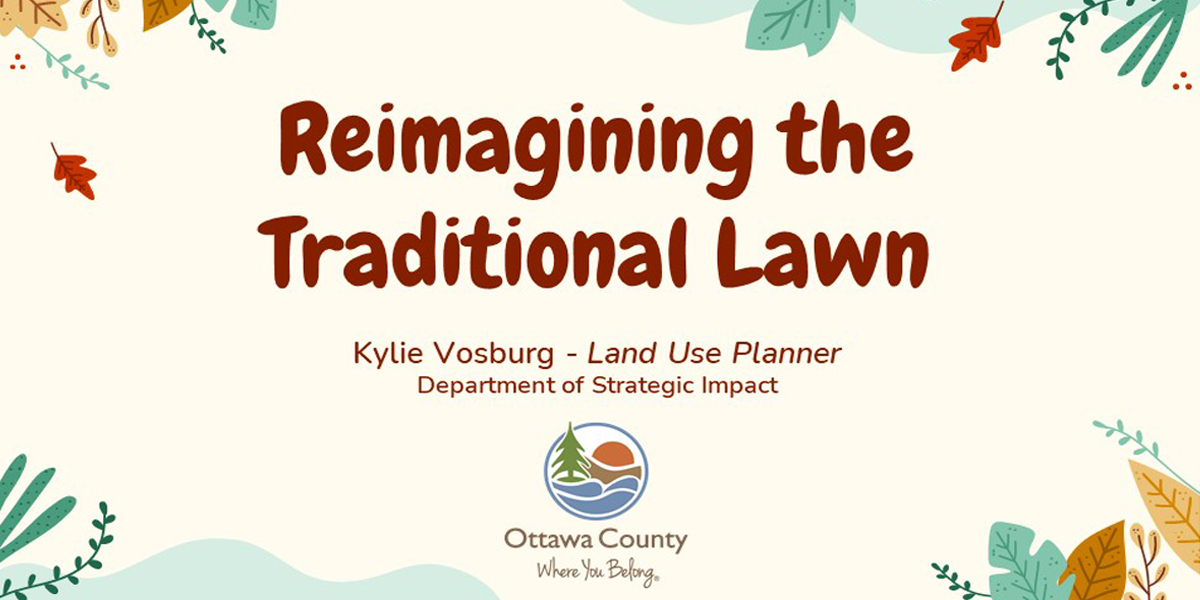Water-Conscious Landscapes
How do we create water-conscious landscapes?
A well-manicured landscape is pleasing to the eye and adds curb appeal to any home or place of business. But traditional turf grass lawns consume a significant amount of water.
More than 8 billion gallons of water are used for lawn and landscaping irrigation in the United States each year, and Ottawa County's yards are no exception. With increased pressure on local groundwater resources, traditional landscape cultivation and irrigation habits must change.
There is no one-size-fits-all approach to reducing our outdoor water use. With help from our Groundwater Sustainability Initiative partners, landscaping experts and public support, we are taking a multi-pronged approach. We are currently developing or considering solutions such as promoting and adopting water-conscious landscaping wherever possible; encouraging smart irrigation best practices; and developing trainings and rebate programs with industry leaders.
By changing our habits and the way we think about our lawns, we can help ensure our limited water resources continue to be available to all who live and work in Ottawa County.
Current Projects and Projects in the Works
Turf Removal and Native Landscaping
Recommended Landscape Alternatives
There are many turf-alternative, low maintenance options that the County is working to promote such as hardscaping, xeriscaping, native landscaping, etc. Many of these options require little watering and little to no mowing or supplemental fertilization. With the right planning and guidance, these alternative landscapes can be just as beautiful and practical as a turf lawn, if not more!
The County is working with its partners to examine options that have been implemented in other parts of the world and develop a locally adapted best-practices guide.
For more information on native plants and landscaping, visit our Conservation Resources page.
Reimagining the Traditional Lawn Presentation
Learn more about the drawbacks of turf lawns, the various types of turf-alternative landscaping options, and the County Facilities Re-Landscaping Project.
Read the Presentation »County Facilities Re-Landscaping Pilot
DSI is moving to lead by example with a plan to transform turf grass at several County facilities into a series of attractive, low maintenance, water-conscious landscapes.
The project pilot will occur at the Fillmore Administrative Complex during Summer 2023-Fall 2024. The DSI has contracted with Native Edge, LLC to design a variety of intentionally planted native gardens near the building and restore the campus drive shoulders to native prairie. The gardens will showcase various native designs to suit different requirements and preferences that can be recreated by residents and business owners. Additionally, the project will reduce water consumption, as well as the time and money on landscaping maintenance after the plants have been established.
Turf removal for this project is beginning July 2023. You may begin to notice the current turfgrass turning brown in the coming months. This is to prepare the grass for installation of the new native plants, which will begin in August and run through December 2023.
The new native plants will be watered regularly until they are well established, and then they will require little to no supplemental irrigation or maintenance. The project (once established) is expected to save an estimated $16,000 per year in fuel (mowing) and water costs and save over 5.1 million gallons of water. After 15 years, the accumulated savings of money and water will be more than $240,000 and over 76.5 million gallons, respectively. With the success of this project, future plans for other County campuses may be implemented to save additional water and maintenance costs. Stay tuned for more updates as this project progresses and view the Fillmore landscaping plan in the meantime as we wait for the new design to be implemented soon!
For Future Development: Re-Landscaping Rebate Program
Converting even a portion of a grass lawn to a native landscape saves water and provides other benefits. But up-front costs can be a barrier. To encourage water-conscious landscape adoption, the County is seeking to work with local nonprofits, the Conservation District, and others to help seek funding for and to implement rebates for residents and businesses looking to transition their landscapes from turf lawns to native and other water-conscious options. A Countywide rebate program could help to overcome cost barriers for those wishing to adopt more sustainable practices.
For Future Development: Water-Conscious Landscape Contests
The County and its partners are currently assessing the viability of hosting an annual Water Conscious/Native Landscaping competition countywide to further encourage adoption and raise awareness concerning water scarcity issues.
Irrigation Professional Training
Efficient irrigation, installation, and management techniques will help reduce water consumption in areas where turf grass lawns may remain. In partnership with Spring Brook Supply and the Ottawa Area Conservation District, the County is developing a Water Conservation Practices training and certification program for landscape and irrigation professionals in the region.
More information will be added to this page as these programs develop.
